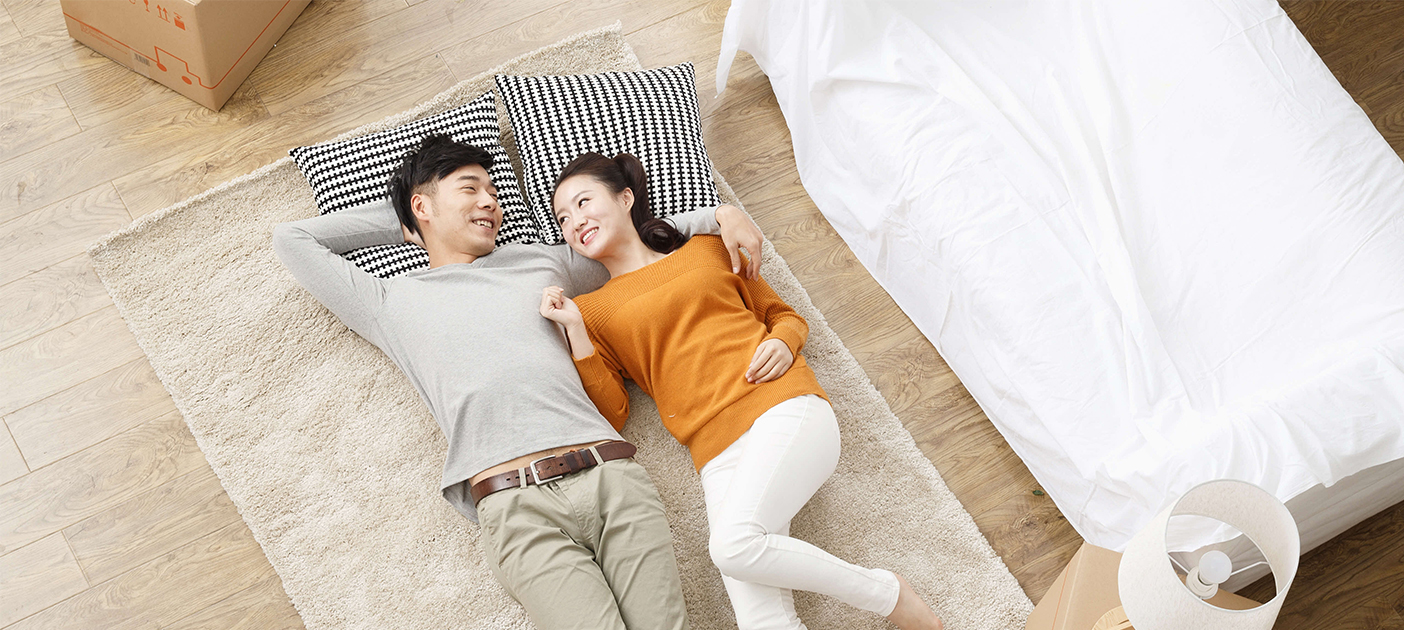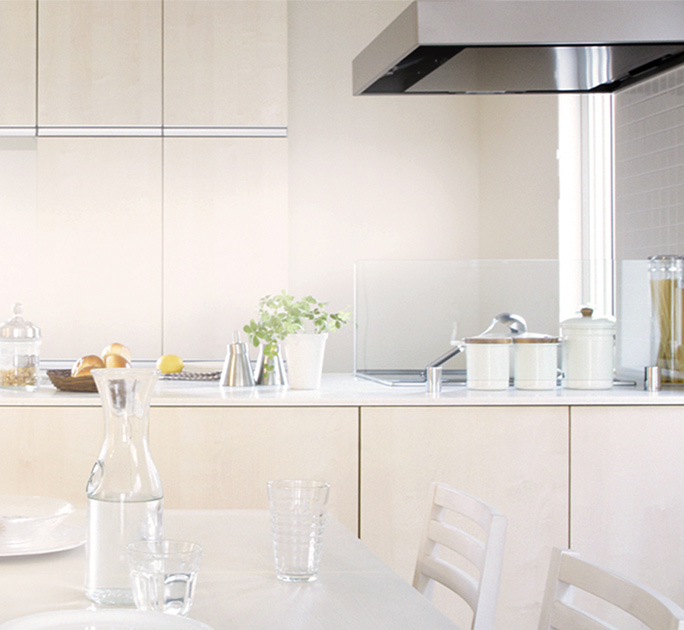![]()
If you’ve only got a minute:
- Take note of the eligibility criteria and affordability before getting a second property.
- The recent increase in Additional Buyer’s Stamp Duty (ABSD) means you’d need much more cash when buying a second home.
- Buying a second property comes with a lot more financial responsibility; it is advised to be clear about your objective for buying the second property
![]()
With inflation dominating headlines in recent weeks, interest rates are set to rise further in the coming months. For those who have been planning to acquire a second property, this could be a good time to start looking as a rise in interest rate could possibly mean stabilisation of property prices.
Other than the cost of the property, there are several things you’d need to be mindful of when buying a second home, such as eligibility, affordability and intention.
Looking to invest in property? Watch this 5-min video for tips from our Property Experts!
Eligibility
If you own a private property, then you will be free to buy a second private property without any legal implications. However, if your first property is a public housing, be it a Build-to-Order (BTO) flat, resale HDB flat, executive condo (EC), or Design, Build and Sell Scheme (DBSS) flats, then you’ll need to fulfil certain criteria before your purchase.
HDB flats come with a 5-year Minimum Occupation Period (MOP) requirement, which means that you’d need to occupy that property for a minimum of 5 years before you can sell or rent out your flat. You will also need to fulfil the MOP before the purchase of a private property.
Do note that only Singapore citizens will be able to own both an HDB and a private property at the same time. Singapore Permanent Residents (PRs) will need to move out of their flat within 6 months of the private property purchase.

Affordability
Residential properties are known to be notoriously expensive in Singapore and careful calculations must be made to ensure that your second property purchase remains affordable to you. You’d need to take note of the following:
• Additional Buyer’s Stamp Duty
You’d need to pay ABSD when you buy a second residential property. The amount you’d need to pay depends on your profile.
The ABSD was last adjusted on 27 Apr 2023 as part of measures to promote a sustainable property market. Current rates are reflected in the table below:
Type of buyer | ABSD rates |
|---|---|
| Singapore Citizens buying 2nd residential property | 20% |
| PRs buying 1st residential property | 5% |
| PRs buying 2nd residential property | 30% |
| Foreigners buying any residential property | 60% |
Given the current ABSD rates, a Singapore Citizen who currently owns an HDB flat but wants to buy a private condo costing $1 million needs to fork out an ABSD of $200,000 (20%). Do note that this amount is on top of the buyer’s stamp duty.
• Minimum cash down payment
Your first home purchase requires only up to 5% cash down payment if you took up a bank loan, but your second property requires a 25% cash down payment of the property’s valuation limit. Given a property that’s valued at $1 million, you’d need $250,000 cash for down payment.
• Total Debt Servicing Ratio (TDSR)
The Total Debt Servicing Ratio (TDSR) framework was introduced on 28 June 2013 to prevent home buyers from borrowing too much to finance the purchase of a property. Under the framework, home buyers can only borrow to up 55% (revised on 16 Dec 2021) of their gross monthly income. The limit includes all outstanding debts you may have, like car loans, personal loans and credit card balances.
If you have a home loan tied to your first property purchase, it can greatly affect the amount you can borrow for your second home. However, if you have already cleared the mortgage on your first home, then you’ll just need to ensure that your monthly housing loan repayments plus all other monthly financial obligations do not surpass 55% of your monthly income.
• Loan-to-Value (LTV) Ratio
For your first housing loan, you are eligible to borrow up to 75% of the property value if you’re taking up a bank loan or 55% if the loan tenure is more than 30 years or extends past age 65. For your second housing loan, your loan-to-value (LTV) ratio drops to 45% for loan tenures up to 30 years. If the loan tenure goes beyond 25 years or your 65th birthday, your LTV drops to 30%.
As you can see, buying a second property while still paying for the mortgage of your first home would need significantly more cash. Based on a property valuation of $1 million, you will likely need:
• $250,000 for cash down payment
• $200,000 for ABSD
• $24,600 for BSD
• Pay the remaining $300,000 in cash or using CPF
• Take up a loan of $450,000
While it is possible to use your Central Provident Fund (CPF) to buy a second property, if you have already used your CPF for you first home, you can only use the excess CPF Ordinary Account savings for your second property after setting aside the current Basic Retirement Scheme (BRS) of $96,000.
Intention
Buying a second property comes with a lot more financial responsibility compared to your first one, and it is advised to be clear about your objective for buying the second property. Is it for investment, or are you using it as a second home?

Clarifying your objective will help you in making certain decisions, such as the type of property, as well as choosing a location that would better suit its purpose. This is especially important if the second property is an investment property.
Like any other investments, you’d need to work out the potential rental yield and capital appreciation, as well as determine the estimated return on investment. Since a property purchase is a large investment, you should also have a strategy that consider factors such as:
• What is your investment horizon? Do you aim to sell for a profit after five years, or to hold on to it for the long-term to collect rent?
• When and how will you cut losses, if any? If your mortgage payments are higher than the low rental income, how long will you hold on before selling it off?
• What sort of capital gains you are expecting?
• Research on areas for your target tenants
Purchasing a property in Singapore is capital-intensive and buying a second home will require even more financial prudence. Any miscalculation can have significant financial consequences. As such, set up a clear plan and consult a wealth planning manager to help you with possible blind spots.





